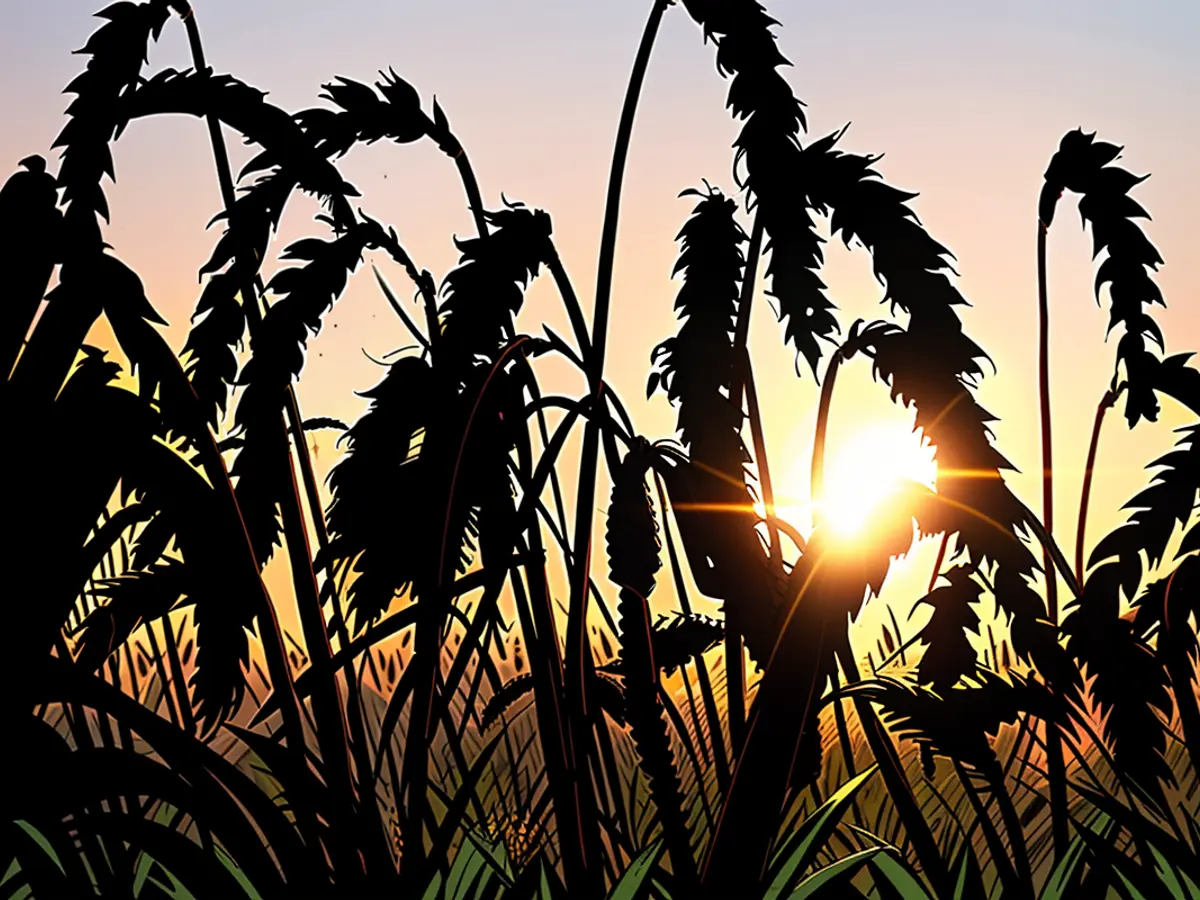Agriculture - Start of harvest: Farmers also expect late frost damage
Late frosts in March affected the farmers' fields in Saxony. Winter crops that were three weeks ahead of their previous year's development caused uncalculable damages, as the Farmers' Association announced at the harvest kick-off in Prausitz (Meissen district). Rain and late frosts made statements about expectations in general difficult. Farmers had gone into spring with optimism due to above-average winter rainfall, but waterlogged soils now hampered the sowing of summer cultures.
"It's still open how this will affect yield and quality for both summer and winter crops," said Association President Torsten Krawczyk at the harvest kick-off in Prausitz. Winter barley might have suffered quite a bit, and some farmers reported finding more "tawny ears" in their grain. The extent of the damages will only become clear in time. "In the end, it's always the same: The harvest season is an uncontrollable game of chance." Contrary to expectations, the harvest could not begin as early as anticipated - winter barley was only slowly ripening in cold and wet June days.
Greater concerns for farmers come from continuously falling market prices in the past four weeks, said Krawczyk. "Stabilization is not in sight." In some places, warehouses were still well-stocked with unsold harvest produce from the previous year. This could not always be used for food processing. The situation is becoming increasingly critical, and the necessary immediate sale of their harvest crops is becoming expensive for the farms. According to the Association, Saxon farmers are currently cultivating approximately 702,846 hectares of arable land. Around half of this concerns the cultivation of cereals, primarily wheat, barley, and rye, but also corn. The most significant fruit type after cereals is winter rapeseed with 107,200 hectares, followed by silage corn and sugar beets.
Despite the challenging weather conditions, farmers in Saxony were hoping for a prosperous spring due to the abundant winter rainfall. However, the delayed ripening of winter barley in the soggy fields of Meissen has caused concerns, affecting the agricultural output in the region.








